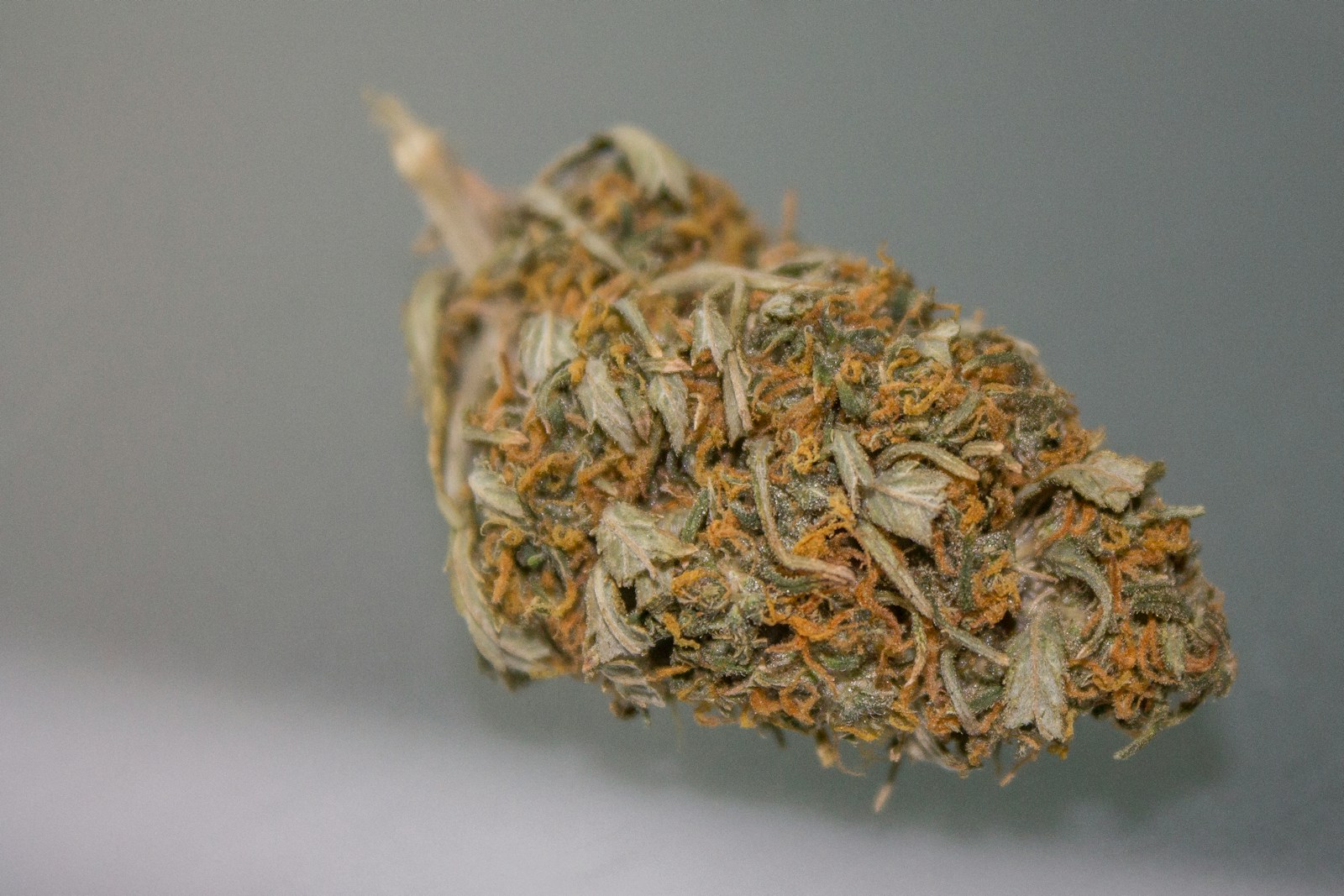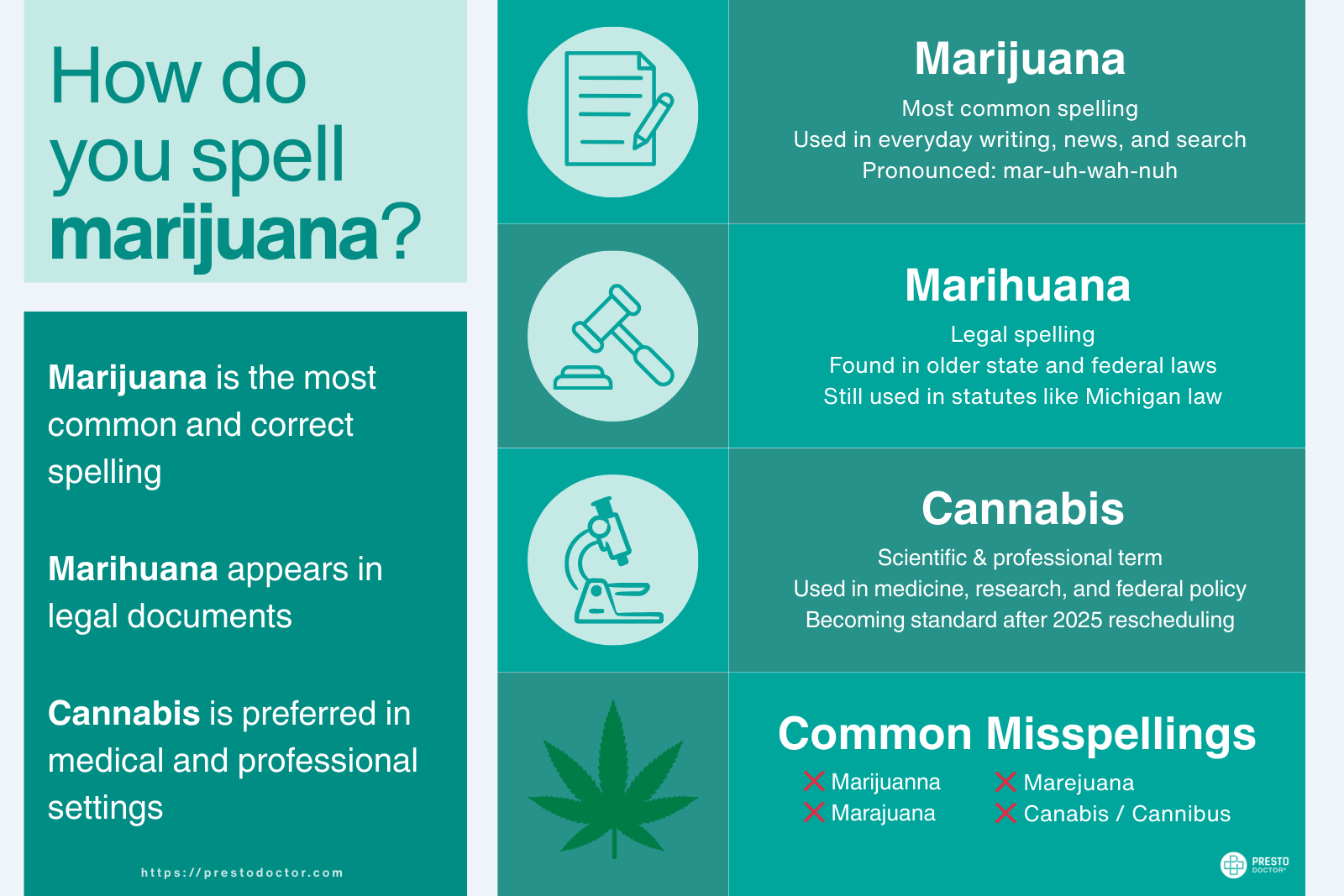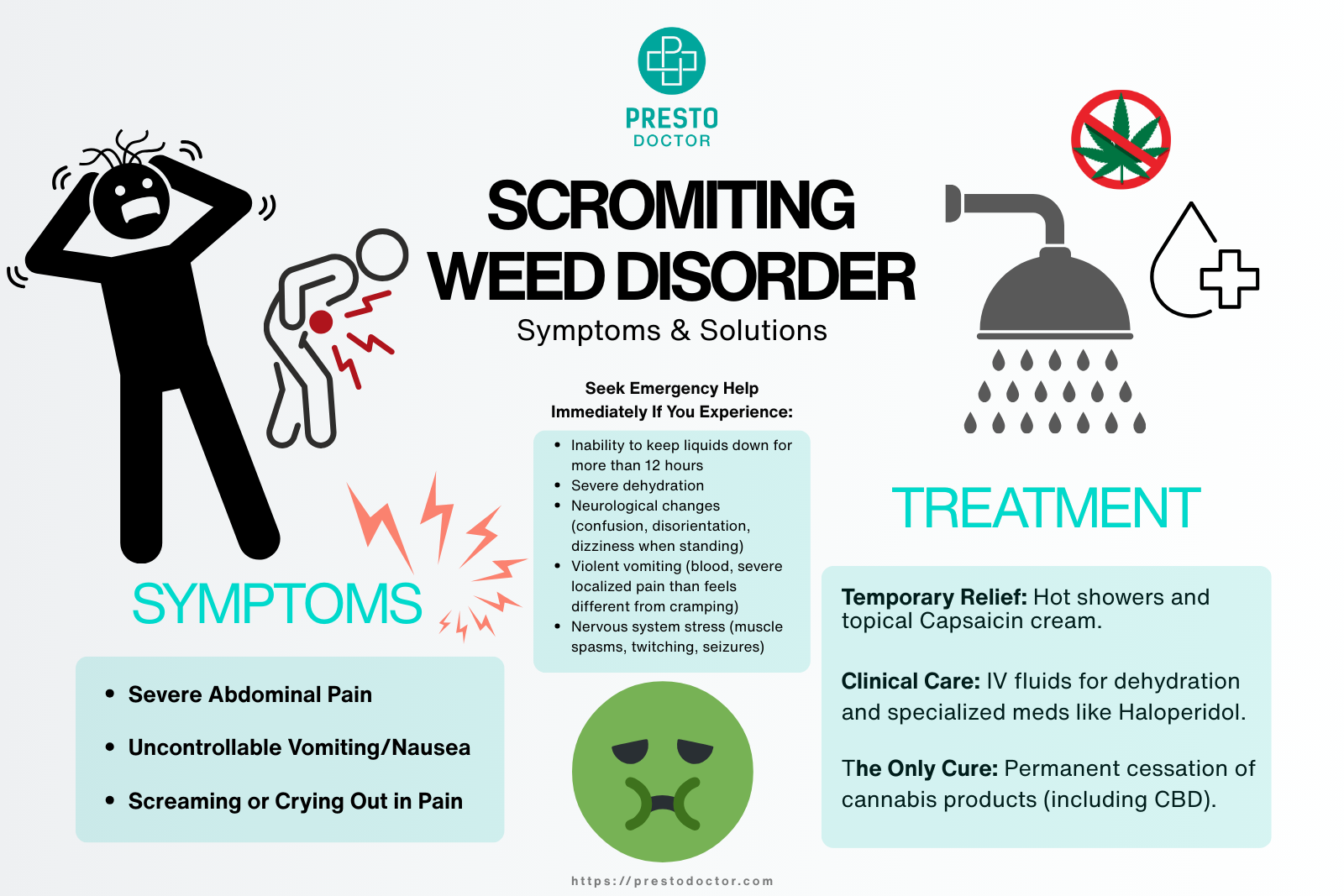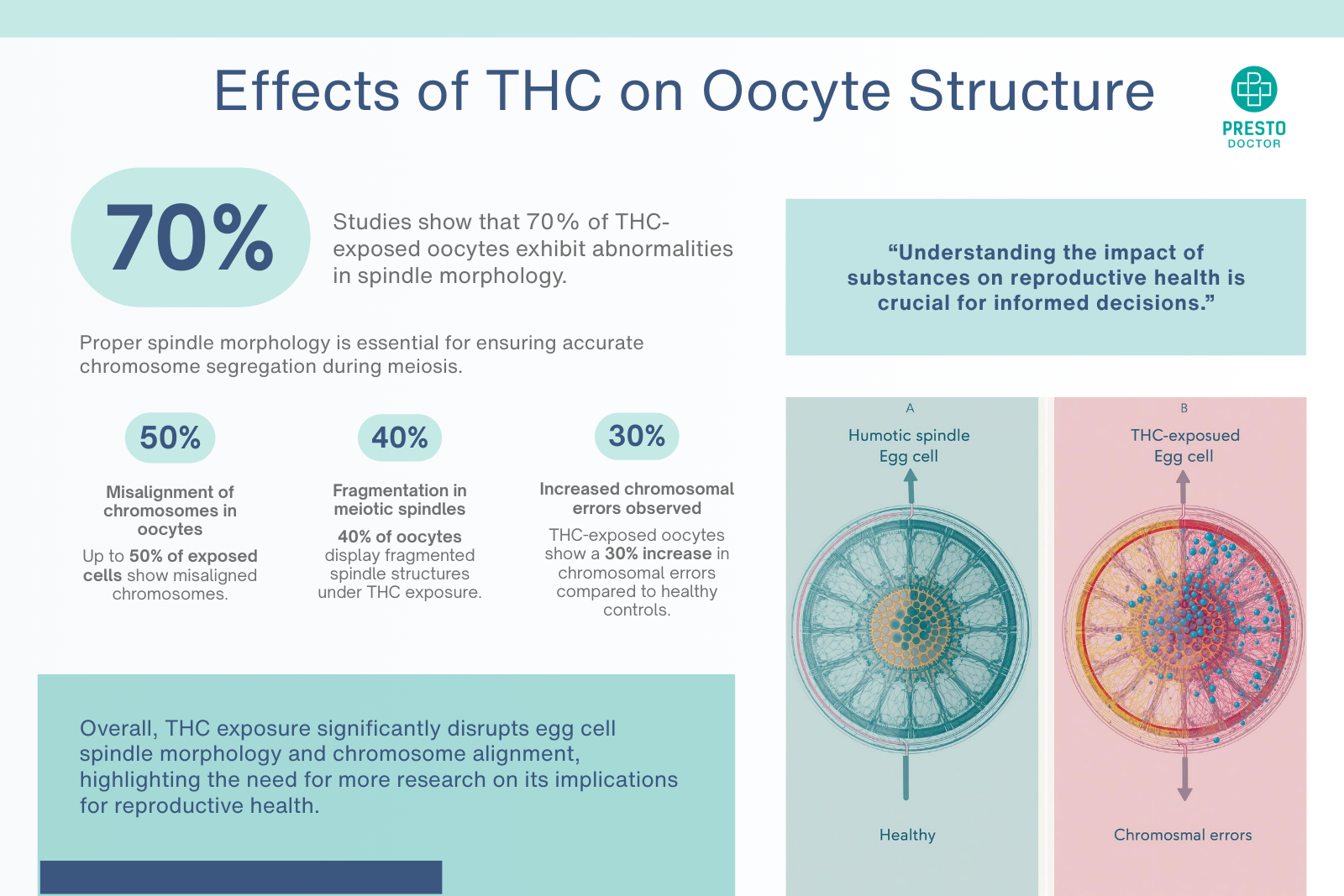
Why Does Cannabis Give You the Munchies? One of the most common effects of consuming cannabis is an increased appetite, commonly known as the munchies. This phenomenon is mainly attributed to the presence of THC, the primary psychoactive compound in cannabis. THC interacts with the brain’s reward system and enhances perception of food, leading to heightened cravings and hunger. Additionally, THC also affects hunger hormones, further increasing the desire to eat. While the munchies can be enjoyable for some, it’s important to be mindful of your food choices to maintain a balanced diet.
The Science Behind the Munchies: How weed influences appetite
When it comes to the science behind the munchies, cannabis has been found to influence appetite in several ways. THC, the active compound in cannabis, interacts with the brain’s reward system and stimulates hunger. It also increases sensitivity to food aromas and flavors, making food more enticing. Additionally, THC affects the regulation of hunger hormones, further contributing to the munchies phenomenon. Therefore, the munchies are a direct result of consuming cannabis and the effects it has on the body’s regulation of appetite. Overall, weed has a direct impact on appetite and can lead to increased hunger and cravings for food.
THC: The Key Culprit Behind the Munchies
THC, or delta-9-tetrahydrocannabinol, is the primary psychoactive compound found in cannabis and is responsible for the munchies phenomenon. When THC enters the body, it binds to cannabinoid receptors in the brain, triggering the release of neurotransmitters that stimulate hunger. This activation of the brain’s reward system enhances the desire for food and leads to increased appetite. THC also affects the regulation of hunger hormones, further contributing to the munchies. The potent effects of THC on appetite make it the key culprit behind the munchies.
Impact of THC on Brain Function
How THC interacts with the brain’s reward system
THC, the active compound in cannabis, interacts with the brain’s reward system by binding to cannabinoid receptors. This activation leads to the release of dopamine, a neurotransmitter associated with pleasure and reward. The increased levels of dopamine contribute to the intense cravings and heightened enjoyment of food experienced during the munchies. This interaction with the brain’s reward system plays a significant role in the development of cannabis-induced hunger.
Neurotransmitters and the Munchies: Understanding the neural pathways
When it comes to understanding the neural pathways of the munchies, neurotransmitters play a crucial role. The interaction between THC and cannabinoid receptors leads to an increase in dopamine release, which affects the brain’s reward system. Additionally, THC also influences other neurotransmitters such as ghrelin, which stimulates hunger, and neuropeptide Y, which promotes appetite. These neural pathways provide insights into how THC induces a voracious appetite during the munchies.
Increased Sensitivity to Food Aromas and Flavors
How cannabis heightens your perception of food
Cannabis consumption can enhance your perception of food, making it more pleasurable and enticing. This is due to the interaction between THC, the active compound in cannabis, and the brain’s olfactory and gustatory systems. THC can intensify the aromas and flavors of food, making them more pronounced and enjoyable. As a result, even simple dishes can become incredibly appealing and delicious when under the influence of cannabis.
Regulation of Hunger Hormones
THC, the active compound in cannabis, has been found to influence the regulation of hunger hormones in the body. It can affect the release of ghrelin, the hormone responsible for triggering hunger, and leptin, the hormone that signals fullness. THC has been shown to increase ghrelin levels, leading to increased appetite. However, it can also disrupt the normal functioning of leptin, leading to feelings of insatiable hunger even when the body is full. These hormonal changes contribute to the phenomenon of the munchies experienced by cannabis users.
The Munchies and Hormonal Changes: Exploring the link
Exploring the link between the munchies and hormonal changes reveals how THC, the active compound in cannabis, affects appetite-related hormones. THC influences the release of ghrelin, the hormone responsible for triggering hunger, leading to increased appetite. Additionally, THC disrupts the normal functioning of leptin, the hormone that signals fullness, resulting in feelings of insatiable hunger even when the body is full. This hormonal imbalance contributes to the phenomenon of the munchies experienced by cannabis users.
The Potential Benefits and Drawbacks of the Munchies
The munchies can have both potential benefits and drawbacks. On the positive side, experiencing the munchies can increase appetite and promote food intake in individuals who may struggle with poor appetite or weight loss. This can be beneficial for those undergoing medical treatments or dealing with certain medical conditions. However, the downside of the munchies is that it can lead to overeating and consumption of unhealthy foods, which may contribute to weight gain and other health issues. It’s important for individuals to be mindful of their eating habits when experiencing the munchies and make conscious choices to maintain a balanced diet.
Conclusion
The munchies phenomenon caused by cannabis consumption has both positive and negative aspects. On the positive side, the increased appetite can be beneficial for individuals seeking to increase their food intake or manage weight loss due to medical conditions. However, it is important to be mindful of food choices and portion sizes to prevent overeating and potential weight gain. Additionally, the increased sensitivity to food aromas and flavors can enhance the enjoyment of eating. On the negative side, excessive snacking and consumption of unhealthy foods can lead to poor nutrition and potential weight gain. It is crucial for individuals to maintain a balanced diet while experiencing the munchies.






